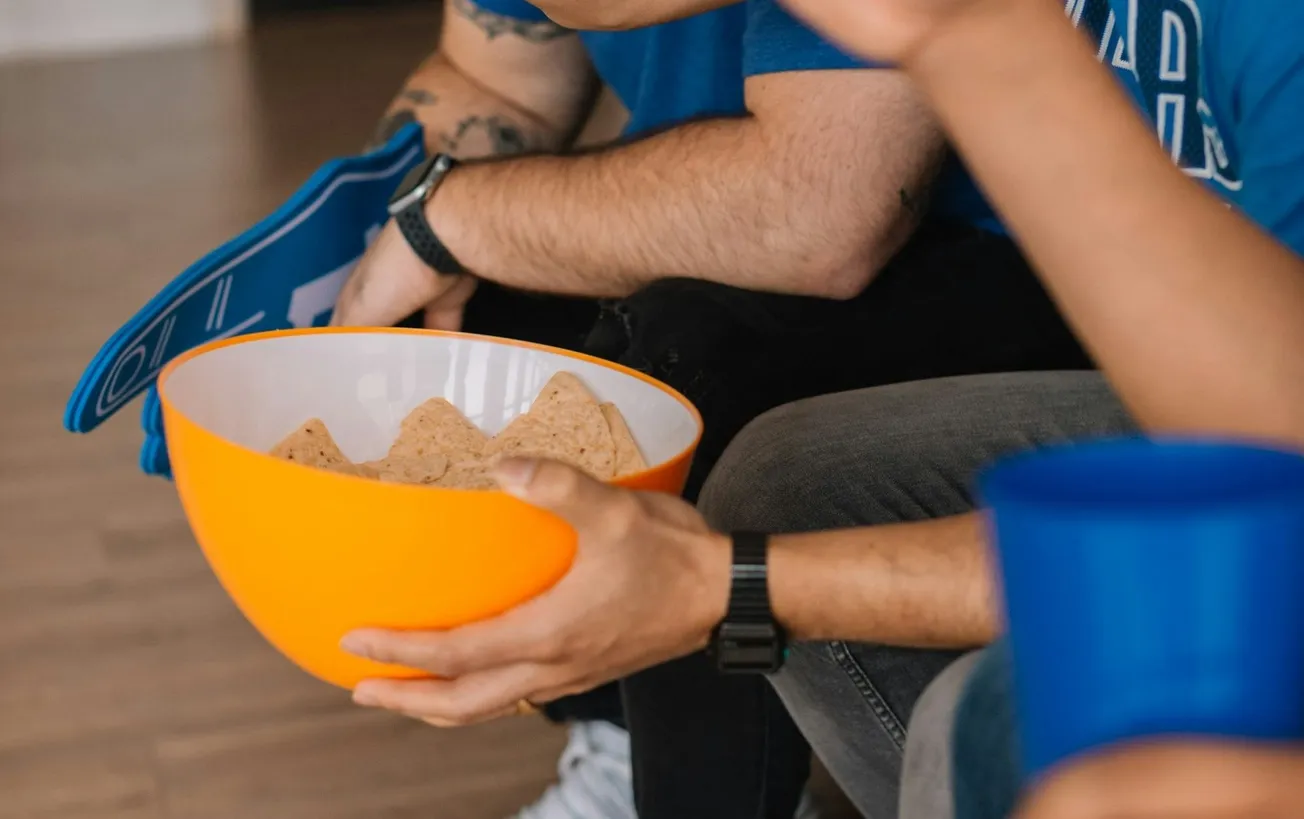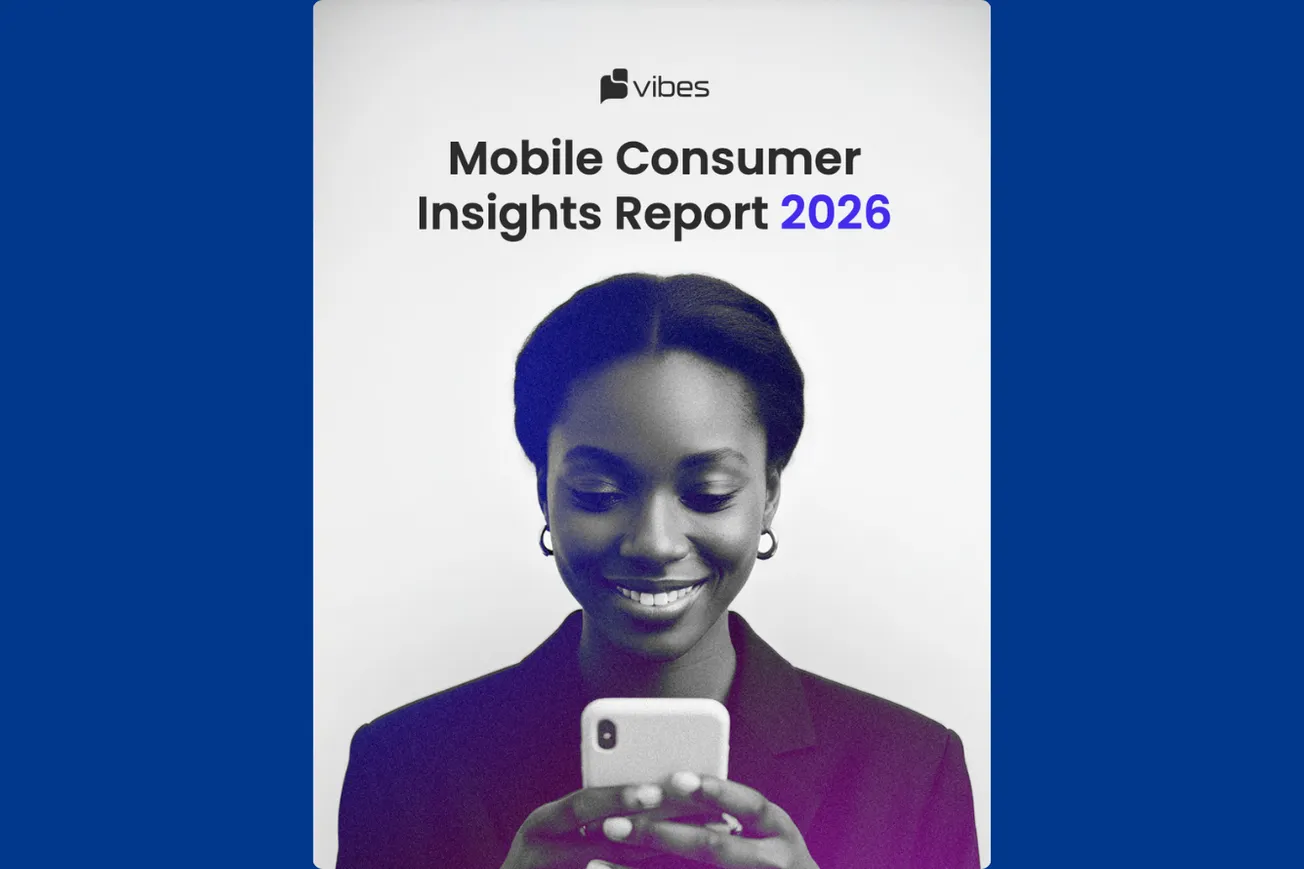
Report: Return policies undermine conversion before checkout
47% of consumers hesitate to buy without free returns, reducing repeat purchases and loyalty.

47% of consumers hesitate to buy without free returns, reducing repeat purchases and loyalty.

45% of consumers intend to follow both events, underscoring the significant attention on one weekend.

Brands have a significant chance in Q1 to enhance loyalty and retention as AI transforms the buyer journey, according to new Attentive surveys.

Circana reports wellness shoppers are still growing, favoring simple, multi-benefit products despite economic pressure.

Overall, retail closed 2025 with 2% dollar growth and flat unit demand across all three segments.

In the U.S., acceptance of protein supplements is increasing beyond traditional bodybuilding.

New consumer data from Vibes shows text messaging has evolved from a marketing touchpoint into a direct path to purchase for millions of shoppers.

Tim Ridgely, Paytronix VP of engineering, says advances in lightweight AI and affordable hardware enable businesses to adopt advanced tools without major infrastructure costs.

Data-driven report reveals how consumer behaviors, generational preferences, and innovations are reshaping the $93.5 billion U.S. frozen food market.

Grocery visits increased in 2025 as inflation prompted consumers to prepare more meals at home.

Nearly all respondents expect rising costs due to trade policies.

Getting a strong early start, consumers embraced convenience and connection through the season

With such terms as “viral diet” and “emotional fitness” gaining more traction, the wellness industry is becoming more polarised than ever.

Gen AI platforms are quickly becoming a starting point for shopping.

The company will release a new independent global study surveying 5,000 consumers across the UK, Germany, France, Italy, and the US, conducted in October 2025.

SAP Emarsys on what the 2025 season signals for retailers in 2026.